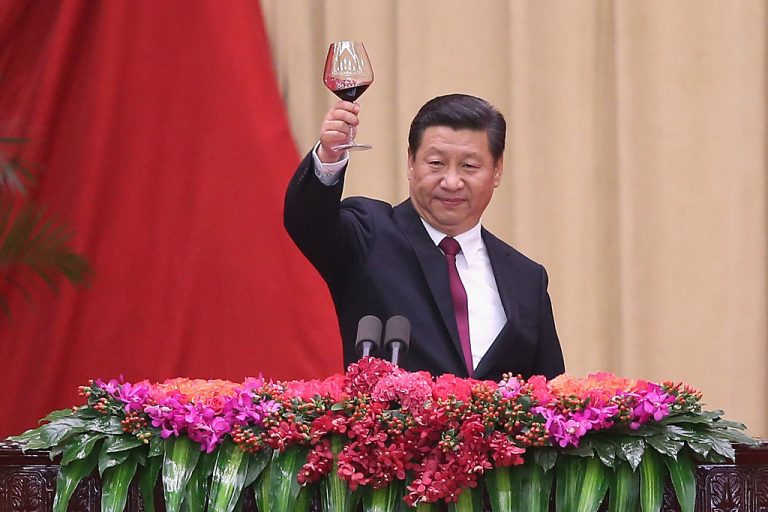The local government of Funing County in Yunnan Province, southwestern China, recently issued a notice announcing a ban on celebrations such as birthdays, graduations, university admissions, and housewarmings. The ban, which is part of the Chinese Communist Party’s (CCP) frugality drive first proposed in 2016 to target funerals and weddings, takes effect starting this month.
Strict rules for marriage and funerals have been imposed, including limits on cash gifts to 200 yuan ($31). Traditionally, Chinese communities gave cash to newlyweds or grieving relatives of the deceased. Cash gifts have sometimes even been used as an excuse to bribe people in powerful government positions.
“Altogether, a newly-wedded couple should keep their wedding banquet under 20 tables and at a maximum of 200 guests… The cost for each guest should be under 50 yuan (US $7.70) per person if it is held in a restaurant, and under 300 yuan (US $46) per table, if held at home. The number of vehicles used at a wedding should be no more than 10,” reported South China Morning Post.
The new rules apply to all leaders of village organizations, civil servants, and communist party members. Public servants are required to report wedding plans in advance, including the time, location, cost to the government, and guest list. For funerals, details must be sent to the government within 10 days after the event.
Funing County’s new restrictions on weddings and funerals are similar to the rules passed in Feixiang district back in 2017. The local government of Feixiang limited the number of cars that could be used to pick up the bride and her relatives, the meals served to wedding guests, the betrothal gifts, and so on, according to a report by state-run China Daily.
Success
You are now signed up for our newsletter
Success
Check your email to complete sign up
Families who violated the restrictions were forced to deliver a self-critical speech in front of local officials and villagers. Those who refused were criticized on television and other media platforms.
‘Frugality’ campaigns and rich-poor divide
In July 2020, Chinese Premier Li Keqiang asked government employees to accustom themselves to frugality and instructed government organs to promote the establishment of a frugal administration, according to a report published on China’s State Council website.
Back in Dec. 2012, the Communist Party had introduced an eight-point frugality code that frowned upon indulgence into luxury. As a result, officials were sometimes punished for violating the country’s frugality rules.
Despite the government’s insistence on frugality, the Chinese regime is reportedly filled with ultra-wealthy billionaires. In 2011, data from Hurun report showed that more than 90 percent of the richest people in China are either CCP members or officials, dispelling the notion that the communist authoritarian model somehow facilitated an equal distribution of wealth.
A 2014 study conducted by the Institute of Social Science Survey, Peking University, found that one percent of the Chinese own a third of the nation’s wealth. In 2019, the combined wealth of China’s billionaire lawmakers was found to be $504 billion, according to a South China Morning Post article quoting a Hurun report. In contrast, the cumulative net worth of all U.S. senators and House members was only $2.43 billion at the start of the 115th Congress in January 2017.
A 2018 report by The New York Times states that almost 20 percent of the delegates in the Chinese rubber-stamp legislature, which has nearly 3,000 members, are engaged in various businesses. Victor Shih, an expert on politics and money in China, stated that becoming a member of the National People’s Congress (NPC) provided safety to wealthy individuals.
“If you’re part of the NPC, you become a state cadre, and so the local police can’t arrest you easily without cause… That’s not the case for a wealthy person who has no affiliation with the Chinese government, and wealth becomes very vulnerable to predatory action by a local government,” he told the Times.














